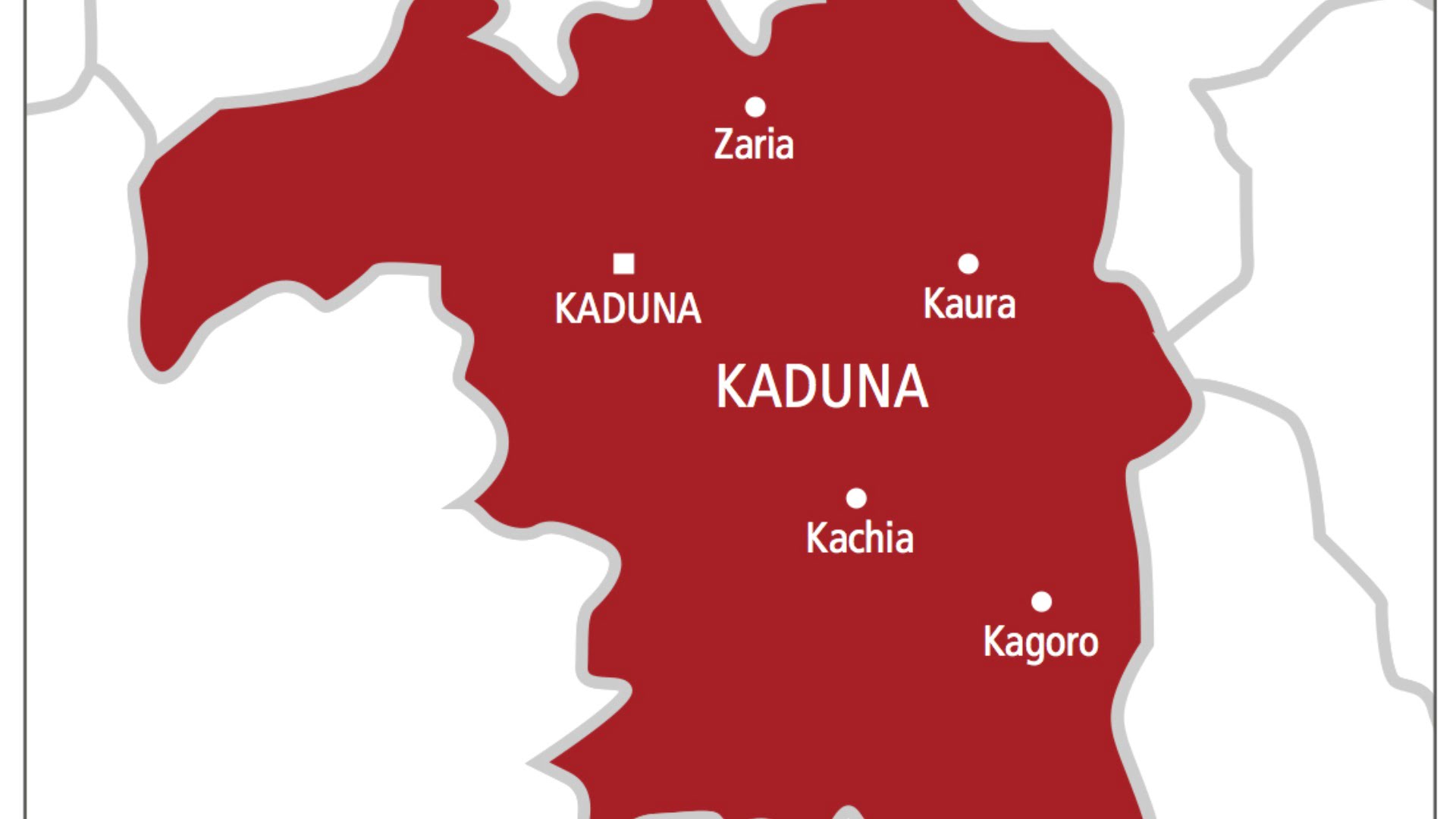Filling station lines disappear as fuel shortage reduces in Kaduna

Car owners and other gas users in Kaduna State can heave a sigh of relief as the long queues experienced for days have begun to vanish.
DAILY POST reports that numerous fuel stations throughout the state have opened for typical company as supply has actually gradually increased with the price remaining the exact same.
Commercial bus and taxi drivers have likewise lower transportation fares which were increased for days while the scarcity lasted.
Mrs Rhoda Achile, who deals with the Federal Ministry of Labour along Muhammed Buhari Way, stated she invested N500 to the workplace considering that the fuel deficiency started but today, she just spent N200 being the normal transportation fare before the fuel deficiency.
Likewise, a cabby, Mr Nicodemus Nawaya informed DAILYPOST on Wednesday in Kaduna that he filled his taxi with N20,000 given that the fuel shortage started, however as of Tuesday and Wednesday, he only spent N15,000 to fill his tank.
“Before the fuel scarcity, I filled my motor tank with N13,500 and N14,000 respectively. When I closed from work, the fuel will take me till evening. But, given that the deficiency started, I invested N20,000 or more prior to I close from work.
“However, now, the price has actually reduced and hope it will not increase any longer,” he stated.
Many filling stations; Oando, Jampet, Omapet, filling stations were costing typical rates, as a lot of drivers did not invest up to 10 minutes before being took care of.
Alhajji Salisu Magaji, a bus motorist stated, he just invested ten minutes before refilling his tank at Oando filling station.
According to him, he only met two drivers ahead of him, at the filling station, and that was because, NEPA stopped light, as they need to wait on some minutes to start the generator.
The manager of the Oando filling station, Mr James Obochi told DAILYPOST that any fuel supply is carefully monitored, checked to guarantee it’s not polluted.
This, according to him, was to prevent shame from stakeholders.
editor's pick
latest video
news via inbox
Nulla turp dis cursus. Integer liberos euismod pretium faucibua




